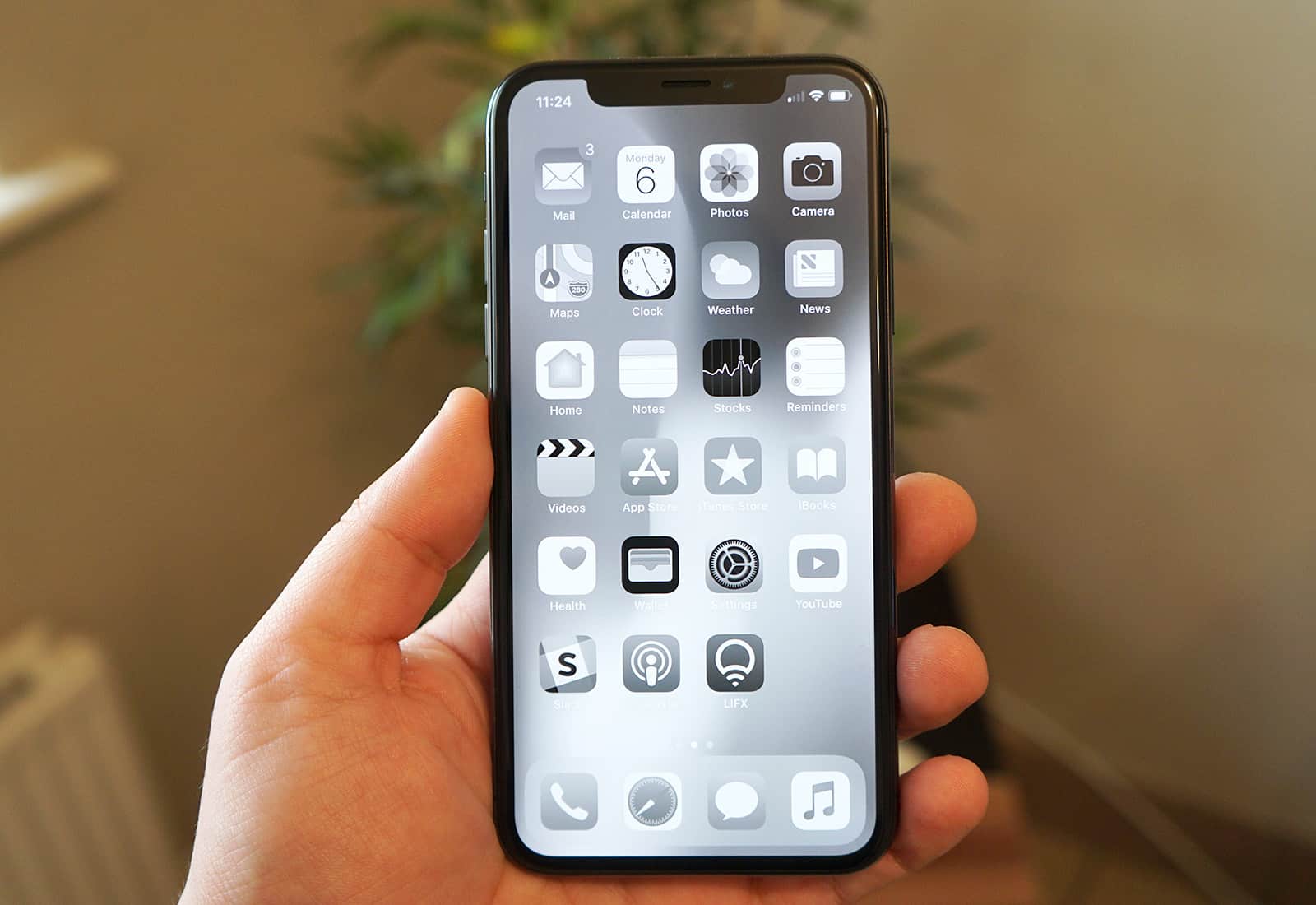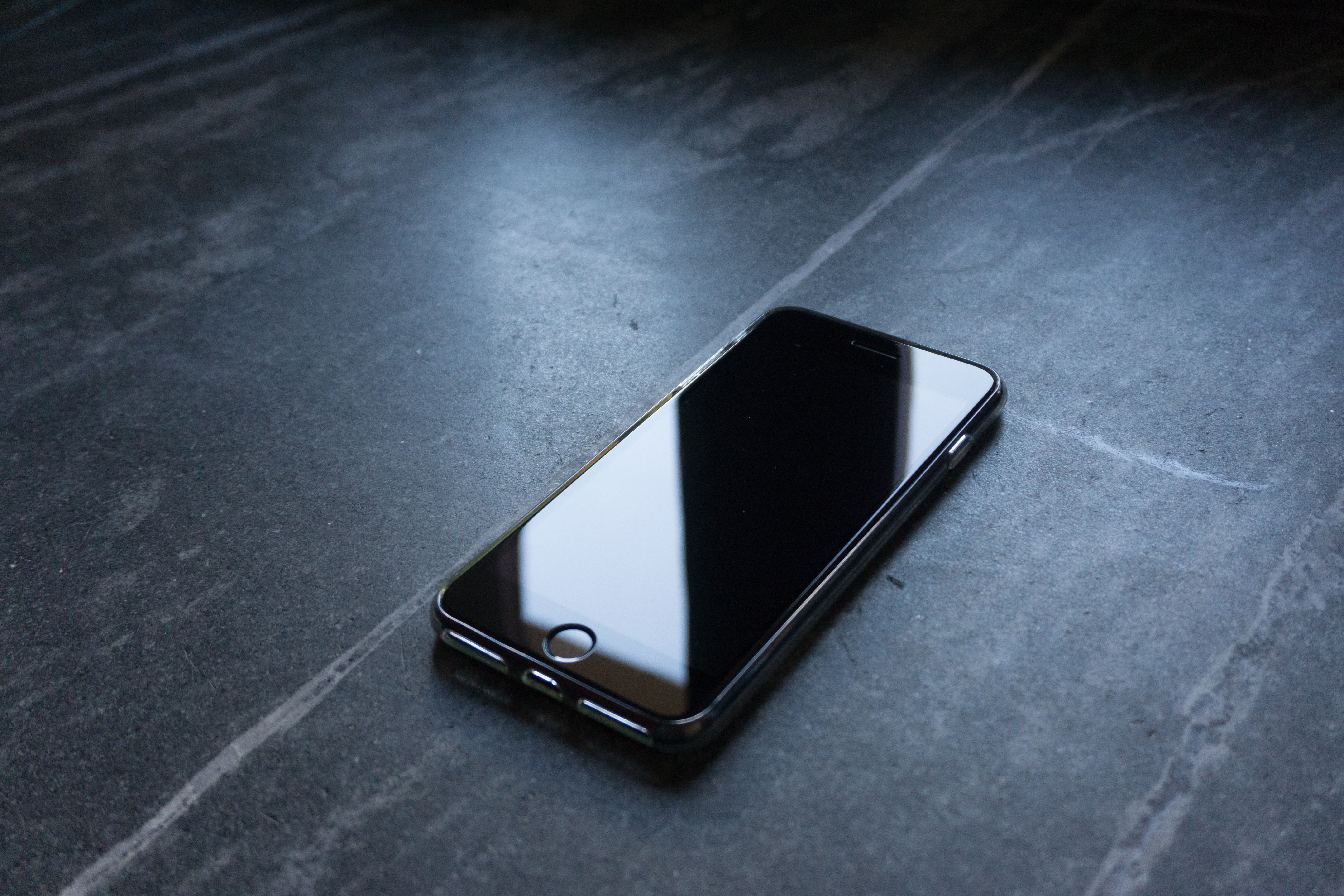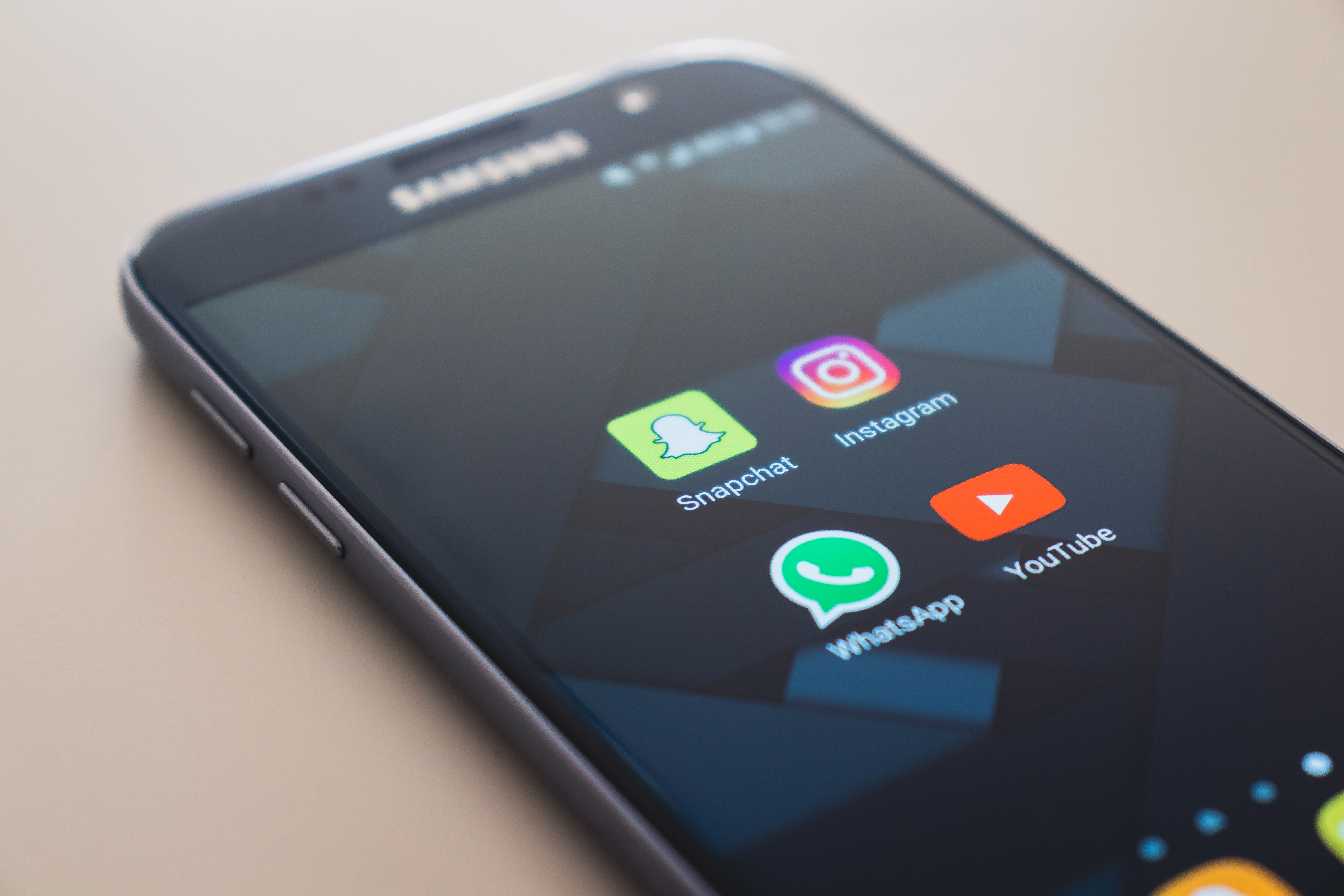In the “new normal”, the decrease in regular in-person connection has skyrocketed digital devices usage. You might probably even be reading this right now on your mobile phone. With over 3.5 billion smartphone owners in the world as of last year, there’s bound to be a lot of screen time logged!
Even though going on social media and watching YouTube videos can provide an escape from our present lives and offer an invaluable convenience that we’ve never had before, this accessibility can easily lead to phone addiction.
Phone addiction has become so bad that it’s even given a label called nomophobia.
What is nomophobia?

Image Credits: The Telegraph
The term nomophobia is made up of these words – no mobile phone phobia. It’s known as a psychological state where a person dreads being away from their phone.
Do you think you might be suffering from this condition? Well, if you’ve ever had an irrational fear of going somewhere without your phone, even for an hour or two, you might want to learn about how to combat this addiction.
Yet you might be wondering, why would you even need to stop using your smartphones as often? With quality cameras, Google at our fingertips, and an access line to our loved ones, there shouldn’t be any significant disadvantage to being addicted to our phones, right?
Wrong. If you’re not aware of the statistics, you should know that an average user touches their phone 2,617 times and unlocks it 150 times within a single day. In fact, it’s not just adults who are unhealthily attracted to their phones.
Dr Carol Balhetchet, a clinical psychologist in private practice, said, “Children love smartphones because it gives them easy access to a new world of information, social media and friends on a universal level, quite similar to the adults and everyone else.”
This amount of addiction can quickly produce noticeable physical effects, like the inability to concentrate, a feeling of isolation, lack of exercise, and a fear of missing out. Mental repercussions include loneliness and depression, anxiety, stress, superficiality, and less sleep. These issues can even be worse in kids and teenagers.
Thankfully, there are many practical tips to overcome phone addiction before it becomes too late. Keep reading for tips to stop your phone from overtaking your life.
#1: Enter silent mode
With a simple configuration, you can silence those phone notifications that compete for your attention and drag it away from your present task at hand. It’s one of the easiest ways to start tackling phone addiction.
#2: Drop the colours

Image Credits: Cult of Mac
The more colours something has, the more psychologically appealing it may be to you. By turning on grayscale for your phone, staying on screen for more extended periods suddenly might not seem as attractive anymore.
Please don’t take our word for it. Former Google design ethicist Tristan Harris shared that going grayscale removes positive reinforcements and dampens that urge to keep up with mobile games or social media feeds.
#3: Set a screen time
Try downloading an app or using the pre-programmed feature on your phone to have it forcibly limit your screen time after a certain number of hours. It’s like going cold turkey, but it works. I have it on my iPhone, and it does miracles to stop me from doomscrolling.
#4: Put it at a distance

Image Credits: unsplash.com
You know the saying, “out of sight, out of mind”? One of the reasons why phone addiction is so powerful is because we have it right within reach. If you leave it somewhere far from you, like in your closet or by your door, you will find it easier to forget about it.
For those working from home and need their phones by their side to work efficiently, by all means, go ahead. But peeps who are preparing to get their shuteye at night, putting it at a distance will assist you to sleep better.
#5: Leave it with someone
To truly commit yourself to tackle this addiction, you might want to leave your phone with a trusted friend or loved one. Share with them your nomophobia and advise them to not give your phone to you under any circumstances until an agreed amount of time has passed.
#6: Try decluttering

Image Credits: unsplash.com
For folks who have obsessive-compulsive disorder (OCD), keeping things symmetrical or in perfect order may resonate very well. But for those on the opposite spectrum, you may find your phone’s home screen flooded with all kinds of applications.
You know what? Just as you’ve done spring cleaning for Chinese New Year, do it for your smartphones right now. These seemingly harmless apps may be the culprit behind your increased screen time. We guess you don’t need to keep three photo editing apps on your phone, huh?
Reward yourself over mini-milestones
Trying to break away from nomophobia is hard work. Because it’s not easy, give yourself some rewards for your time and dedication.
Every mini-milestone you reach, go ahead and treat yourself to something nice. For example, if you’ve kept to your limited screen time for three consecutive days or a week, then isn’t that a valid reason to rejoice?


